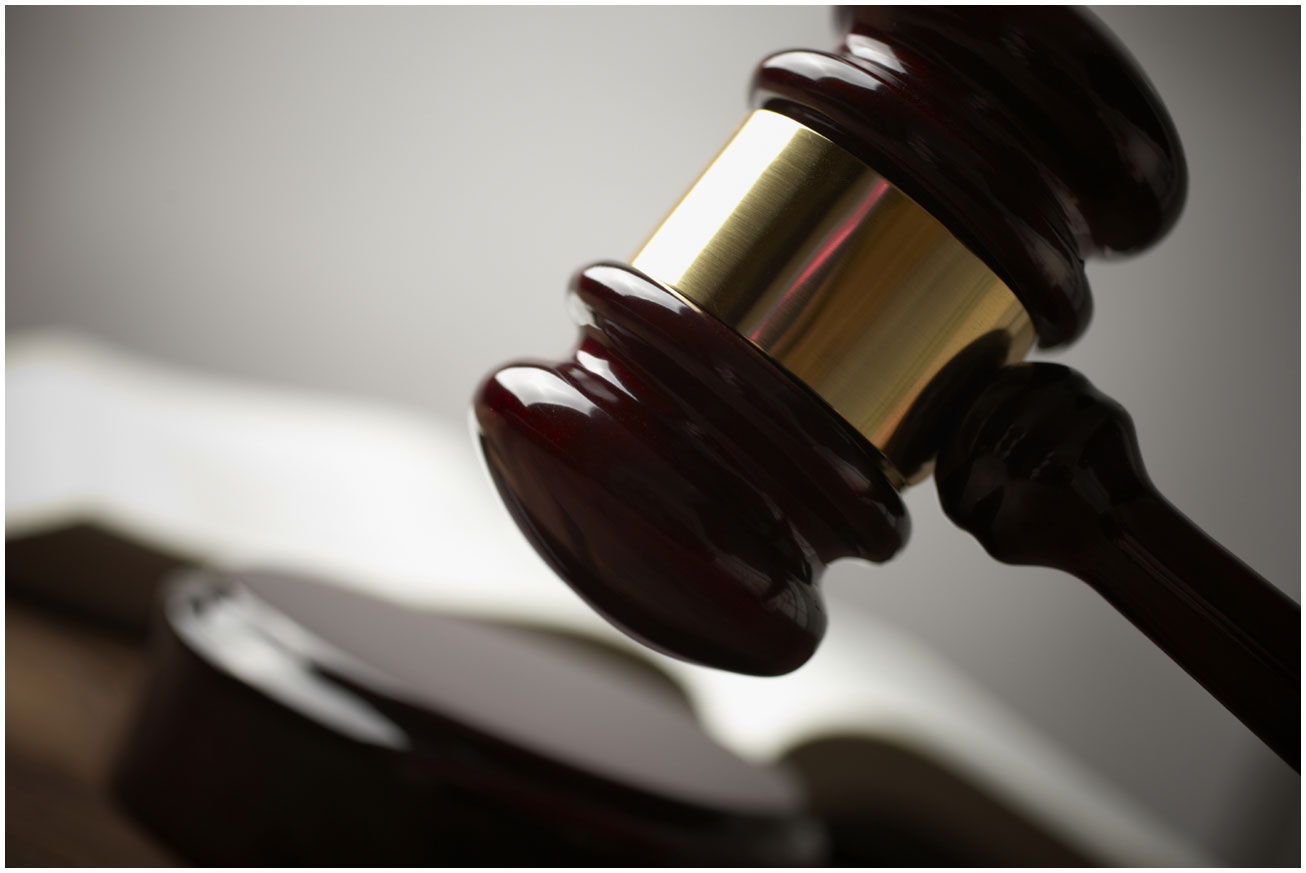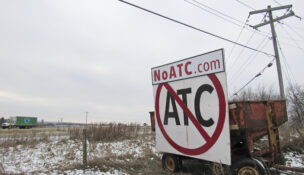Sanctions stand, but recalculation required
By: Bridgetower Media Newswires//November 10, 2023//
By Correy E. Stephenson
An award of expert witness fees and case evaluation sanctions consisting of attorneys’ and paralegal fees was proper, a panel of the Michigan Court of Appeals has ruled.
But the appeals court remanded the case because the lower court erred in its calculation of the attorneys’ and paralegal fees.
Judges Mark J. Cavanagh, Michael J. Riordan and Sima G. Patel issued the per curiam decision in Knight v. Green (MiLW 08-107305, 9 pages).
Neither Christopher P. Desmond of Johnson Law in Detroit, who represented the plaintiffs, nor Livonia attorney Carol A. Smith of Cummings McClorey Davis & Acho, who represented the defendants, responded to a request for comment.
Shannon and Keith Knight filed a third-party automobile negligence action in 2018 against Johnny Green and Cole Carriers (Michigan), Inc. The case was scheduled for a jury trial in July 2021.
Peter Fracassi, a Canadian citizen and owner of Cole Carriers, did not appear for trial, allegedly because he believed that COVID-19 travel restrictions prevented him from traveling from Canada to the United States.
The Wayne County Circuit Court rejected this excuse and entered a default against both Cole Carriers and Green, who also did not appear for trial.
After a bench trial on damages, the trial court entered a judgment awarding plaintiffs $367,407.01. The plaintiffs also requested case evaluation sanctions and the court granted the motion.
The trial court held an evidentiary hearing on the sanctions and ultimately awarded $255,337.50 in attorney and paralegal fees, as well as expert witness fees of $67,945.17.
Cole Carriers and Green appealed.
Sanctions stand
The defendants made a frontal challenge to the case evaluation sanctions by arguing that an exception to MCR 2.403(O)(1) applied, giving the trial court the power to refuse to award actual costs if a “verdict” is the result of a motion.
But the panel disagreed, as the judgment in favor of the plaintiffs was not the result of a motion for default and default judgment.
On the day scheduled for trial, defense counsel announced that neither Green nor Fracassi would be attending the trial. As the trial court did not believe that the defendants provided adequate reasons for not attending, it proceeded on the question of damages and the parties agreed to a hearing.
Both sides presented witnesses and introduced evidence; following five days of testimony, the trial court entered a judgment in favor of plaintiff.
“Because a default is not an admission of damages and further proceedings were necessary to determine plaintiffs’ entitlement to damages, the judgment in this case was not the result of a motion,” the panel wrote. “The trial court issued its judgment for damages after a bench trial that took place over five days, in which evidence was introduced and 13 witnesses testified and were cross-examined by defendants. The parties provided the trial court with a verdict form and the trial court issued an award of $367,407.01. Therefore, the judgment was not the result of a motion. Accordingly, the interest-of-justice exception in former MCR 2.403(O)(11) was not applicable and the trial court did not err by refusing to apply that exception to deny plaintiffs’ motion for case evaluation sanctions.”
Recalculation required
As for the amount of the award, the trial court did err in determining an appropriate award.
Case evaluation sanctions are not intended to provide economic relief or produce windfalls, the panel noted, and MCR 2.403(O)(6) only permits an award of a reasonable fee — one that is similar to fees “customarily charged in the locality for similar legal services, which, of course, may differ from the actual fee charged or the highest rate the attorney might otherwise command,” per Smith v. Khouri, a 2008 Michigan Supreme Court opinion.
To figure out an appropriate award, the trial court must begin its reasonableness analysis by determining the fee customarily charged in the locality for similar legal services and then multiplying that number by the reasonable number of hours expended in the case, the court explained.
In this case, the trial court reviewed survey data to determine that the fees customarily charged for the top attorneys within the same locality and for the same services is $630-$750 per hour, noting that it was undisputed that the plaintiffs’ lead attorney was one of the top attorneys in the metropolitan Detroit area. The trial court then made an upward departure and found that the number of hours requested was reasonable.
As for the other attorneys and the paralegal on the case, “the trial court was less forthcoming in its analysis of a reasonable hourly rate,” finding that the hourly rates it assigned to the individuals was “well within appropriate range.”
“However, the trial court did not find that these rates were the fees ‘customarily charged in the locality for similar legal services,’” the panel wrote. “The court also failed to discuss whether it found the hours for which [the paralegal and other attorneys] were requesting payment were reasonable.”
The panel vacated the trial court’s award of attorney and paralegal fees and remanded for reconsideration of an appropriate fee award, consistent with the guidelines found in Smith.
Finally, the court affirmed the trial court’s award of plaintiffs’ expert witness fees, determining that the defendants’ arguments were unpersuasive.
“[D]efendants fail to offer any argument or authority beyond their assertion that it was unnecessary for plaintiffs’ experts to testify,” the panel said. “In any event, whether their testimony was ultimately unnecessary is not dispositive of whether their fees may be recovered. Defendants also fail to argue that the fees were unreasonable. … In summary, defendants have not demonstrated that the trial court abused its discretion by awarding plaintiffs’ requested expert witness fees.”
Legal News
- Applicants wanted for Jefferson County, Crawford County circuit courts
- Wisconsin wedding barns sue over state’s new liquor law requiring licensing
- Audit launched of Wisconsin’s diversity efforts
- Federal appeals court approves high-voltage power line through Mississippi River refuge
- Dane County residents encouraged to weigh how to spend federal funds
- Jurors should have considered stand-your-ground defense in sawed-off shotgun killing, judges rule
- Money isn’t enough to smooth the path for Republican candidates hoping to retake the Senate
- Milwaukee election leader ousted 6 months before election in presidential swing state
- Former President Trump calls for arrest of special prosecutor Jack Smith
- Wisconsin judge dismisses lawsuit challenging state’s new wolf management plan
- Wisconsin Supreme Court issues opinion on Milwaukee Police officer fired over Facebook posts
- Gov. Evers Seeks applicants for Menominee County Register of Deeds
WLJ People
- Power 30 Personal Injury Attorneys – Russell Nicolet
- Power 30 Personal Injury Attorneys – Benjamin Nicolet
- Power 30 Personal Injury Attorneys – Dustin T. Woehl
- Power 30 Personal Injury Attorneys – Katherine Metzger
- Power 30 Personal Injury Attorneys – Joseph Ryan
- Power 30 Personal Injury Attorneys – James M. Ryan
- Power 30 Personal Injury Attorneys – Dana Wachs
- Power 30 Personal Injury Attorneys – Mark L. Thomsen
- Power 30 Personal Injury Attorneys – Matthew Lein
- Power 30 Personal Injury Attorneys – Jeffrey A. Pitman
- Power 30 Personal Injury Attorneys – William Pemberton
- Power 30 Personal Injury Attorneys – Howard S. Sicula











